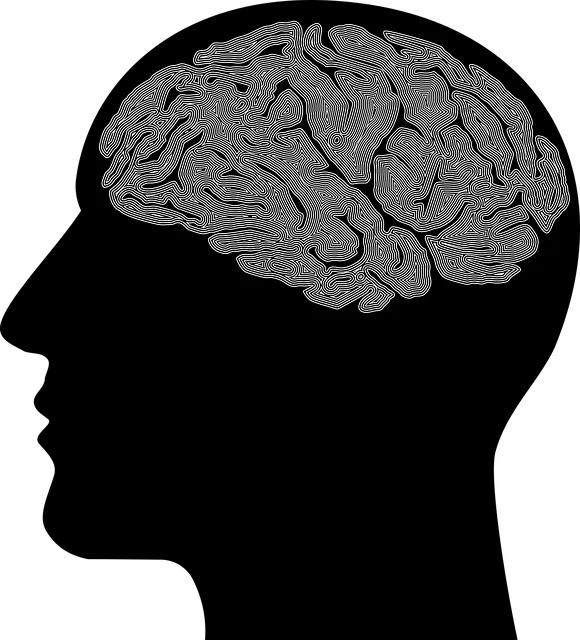Emotional Intelligence (EI) is a powerful tool for building strong relationships and enhancing well-being, as evidenced by the exceptional reviews of Kaiser Permanente's behavioral health services. By practicing empathy, self-awareness, and mood management, individuals can improve their EI, leading to better understanding, stronger bonds, and conflict resolution. This results in more fulfilling interactions and deeper connections personally and professionally. In healthcare, cultivating EI through education programs empowers professionals to offer compassionate care, preventing burnout and improving patient satisfaction and outcomes. Integrating EI into daily life and professional settings significantly enhances mental wellness, as highlighted by the Mental Wellness Podcast Series Production and Burnout Prevention Strategies for Healthcare Providers.
Emotional intelligence (EQ) is a powerful tool that fosters effective communication, strengthens relationships, and drives personal growth. In today’s fast-paced world, developing EQ can significantly enhance our interactions, both personally and professionally. This article explores the essential components of emotional intelligence, offering strategies to boost self-awareness and empathy. We’ll delve into practical ways to apply these concepts in daily life and professional settings, inspired by Kaiser Permanente behavioral health services reviews highlighting the benefits of superior emotional intelligence.
- Understanding Emotional Intelligence: The Key to Effective Communication and Relationships
- Unlocking Potential: Strategies for Enhancing Self-Awareness and Empathy
- Practical Application: Incorporating Emotional Intelligence into Daily Life and Professional Settings
Understanding Emotional Intelligence: The Key to Effective Communication and Relationships

Emotional intelligence (EI) is a powerful tool for fostering meaningful connections and enhancing communication. At Kaiser Permanente behavioral health services, recognized for their superior reviews, understanding EI is seen as a cornerstone of effective therapy and counseling. It involves recognizing and managing one’s own emotions, as well as comprehending and responding to the feelings of others—a skill set that can revolutionize personal and professional relationships.
By practicing empathy-building strategies, engaging in self-awareness exercises, and learning mood management techniques, individuals can elevate their EI. These practices enable better understanding, stronger bonds, and improved conflict resolution. Ultimately, a heightened emotional intelligence leads to more fulfilling interactions and deeper connections in all aspects of life.
Unlocking Potential: Strategies for Enhancing Self-Awareness and Empathy

Unlocking one’s full potential through enhanced self-awareness and empathy is a powerful aspect of emotional intelligence (EI). This process involves a deep exploration of one’s thoughts, emotions, and behaviors, which are key components of superior Kaiser Permanente behavioral health services reviews. By understanding your unique emotional landscape, you can develop strategies to manage stress, build resilience, and foster healthier relationships with colleagues and patients.
In the context of healthcare, where burnout prevention strategies for healthcare providers are increasingly important, cultivating empathy becomes a game-changer. Mental health education programs design should incorporate techniques that promote self-reflection and emotional understanding. This enables healthcare professionals to offer more compassionate care, thereby improving patient satisfaction and outcomes. Through these strategies, individuals can transform their practices, creating a positive impact on both personal well-being and the quality of services delivered.
Practical Application: Incorporating Emotional Intelligence into Daily Life and Professional Settings

Incorporating emotional intelligence (EI) into daily life and professional settings is a practical step towards enhancing mental wellness, as highlighted in the popular Mental Wellness Podcast Series Production. At Kaiser Permanente behavioral health services, reviews consistently emphasize the importance of EI in improving patient care and team dynamics. Healthcare providers who cultivate EI skills can better understand and respond to patients’ emotional needs, thereby fostering a more empathetic and effective treatment environment.
This integration goes beyond theoretical knowledge; it translates into actionable strategies such as burnout prevention, as discussed in numerous Burnout Prevention Strategies for Healthcare Providers. By recognizing and managing their own emotions, healthcare professionals can avoid emotional exhaustion and maintain a positive work-life balance. Moreover, EI training through programs like Cultural Competency Training for healthcare providers enhances cross-cultural understanding, ensuring diverse patient populations feel heard, respected, and valued.
Emotional intelligence, a skill that once seemed ethereal, is now recognized as a powerful tool for personal growth and professional success. As reviewed by superior Kaiser Permanente behavioral health services, strategies like cultivating self-awareness and empathy can significantly enhance our ability to navigate relationships and communicate effectively. By incorporating these practices into daily life, we not only improve our personal connections but also contribute to a more harmonious and productive work environment. This journey towards emotional intelligence is a continuous process, offering endless opportunities for growth and deeper understanding of ourselves and others.






